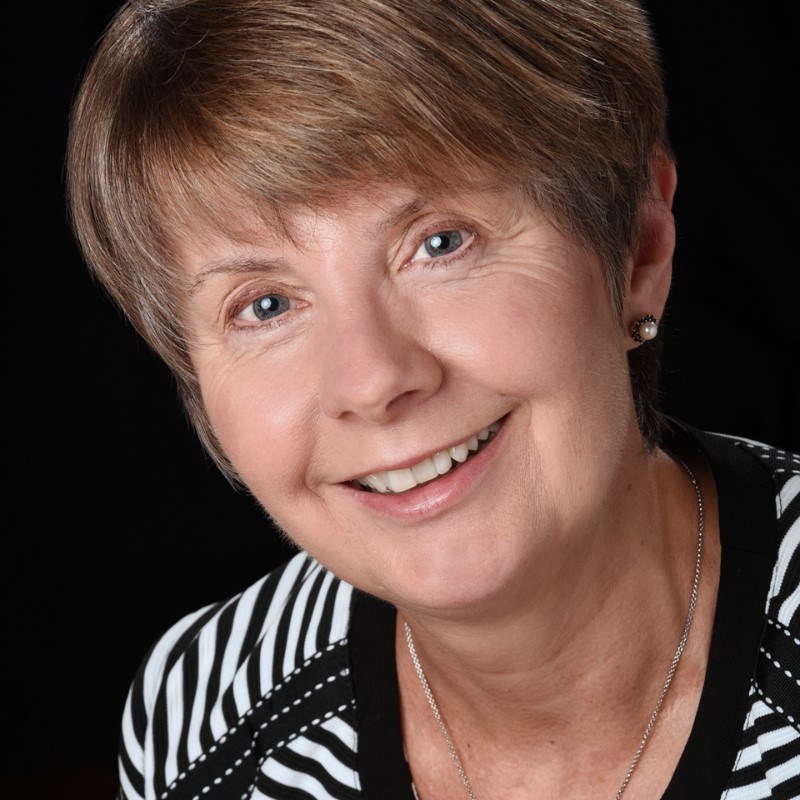One councillor-elect may be new to municipal politics, but she isn’t new to municipal governance.
Yvonne Hamlin has had a career as a municipal lawyer with a focus on the development process and planning rules. She was elected to council on Oct. 23 with 3,813 votes.
Of all the work ahead of her as a councillor, it’s the paperwork she’s most interested in. She said she’s looking forward to diving into the town’s documents - specifically the town’s official plan, zoning bylaw, and waterfront master plan.
“A number of our policies are very out of date,” said Hamlin, adding she’s eager to work toward an updated official plan and zoning bylaw that incorporates some of the principles outlined in the town’s waterfront master plan.
“Our waterfront master plan is a master plan … it’s voluntary right now … which just means it’s a document that sits on a shelf and we can pay attention to it or not,” said Hamlin. “For it to be effective, it has to be implemented … that would include salient provisions embedded into the official plan and zoning bylaw. Because right now, it’s nothing.”
Along the campaign trail, Hamlin said she heard a lot of questions and concerns about development proposals in Collingwood.
“A big concern was the lack of public accessibility to the remaining waterfront sites,” said Hamlin. “I heard similar issues around the Bear Estate site … these are the issues you would look at if you were looking at implementing a waterfront master plan. You would drill down a bit more and see, how does this fit a particular site?”
Hamlin suggested there’s a lack of information available on pending development applications, and said she would be asking staff for a list of all pending applications.
“It would be great if our website for the town had an easy to access link that would show all the pending developments and all the applications that relate to the developments, all the reports that have been filed, all the minutes of meetings,” said Hamlin. “That might start a discussion. Right now it’s hard to find the relevant information.”
She recalled a recent drive along Poplar Side Road and High Street where dust from a construction site was blowing to nearby homes.
“I thought, ‘those residents should be calling the town,’” said Hamlin. “The only way we build strong neighbourhoods is when people who live there ask questions and ask that their neighbourhood be protected … people have to care and to know if they care, there will be action.”
Hamlin said her career has given her insight into what questions to ask when a development proposal comes forward. Issues like traffic, tree cutting, vista views and stormwater management are what she calls the “neighbourhood issues.”
She said the nature of the planning process is a little give-and-take on both sides where the neighbourhood has concerns and the developer has plans, and council has to consider both for a decision.
“[Development] has got to be sensitive to our neighbourhoods,” said Hamlin. “Right now, I think, in our community, the balance is tipped towards the development community.”
Hamlin said the solution is more information in the public realm. She hopes to see developments and their impact on neighbourhoods become a topic of discussion.
“Not everything is a hard them or us answer,” said Hamlin. “We just have to ask questions and pay attention.”
Hamlin and the other eight members of the new council term will be sworn in on Dec. 3. In the short-term, Hamlin expects two significant issues to show up on council agendas.
First, a decision about allowing or prohibiting cannabis retail stores in Collingwood.
Secondly, she wants to see a report on the results of an outage in Collingwood’s online voting on election night that resulted in a 24-hour extension for voters wishing to cast a ballot in the municipal election.
“I think it’s inexcusable that that system failed,” said Hamlin. “And, in addition, call me old-fashioned, but I think there is something very democratic about having a paper ballot system where the privacy of voting is essential … All the safeguards included in the Municipal Act for voting are put there for a reason. It’s to prevent undue influence. There are none of those safeguards in electronic voting.”
She said it was “inconceivable” to think everyone who tried to vote, but couldn’t on Oct. 22 tried again and were successful on Oct. 23.
She’s looking forward to a full report from staff and Dominion Voting, the company contracted for the online and telephone voting system.
The members of council-elect will be sworn in at a ceremony on Dec. 3 at the Collingwood Legion starting at 10 a.m.



